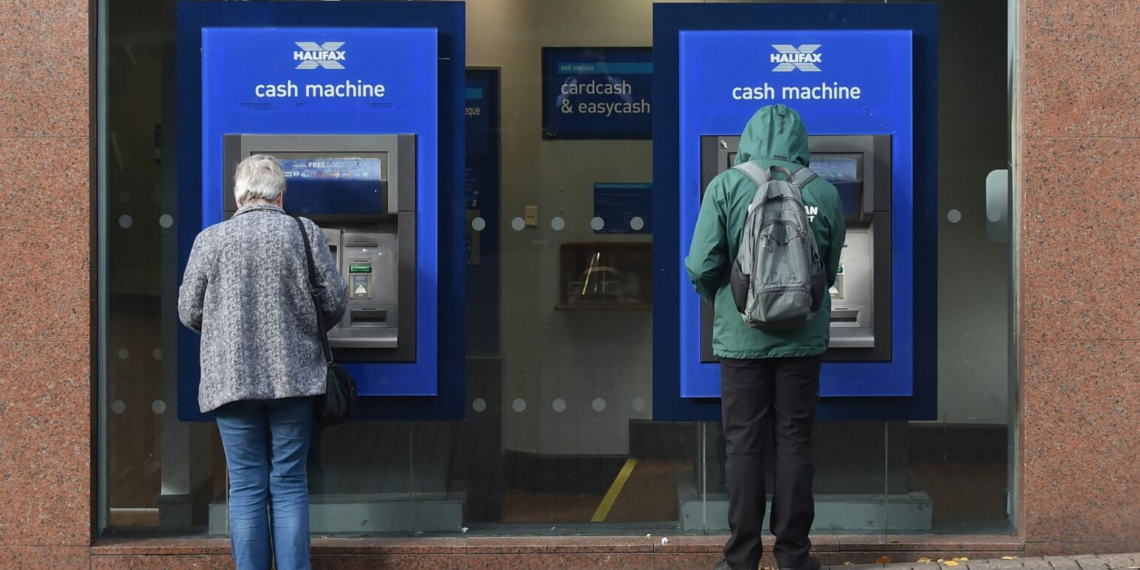by Will Jones, Daily Sceptic:

The debanking phenomenon is probably far more widespread than we’ve been led to believe, writes Toby in Spiked, “mainly because the majority of people it has happened to are too embarrassed to talk about it”. Here’s an excerpt.
When I got a message from PayPal last year telling me my personal account had been closed, my initial reaction was shame. Being deplatformed by a financial-services company, whether a bank or a payment processor, is a mark of Cain. You wonder what you’ve done to deserve being cast out in this way. The last thing you feel like doing is drawing attention to it, not least because it might lead to losing your other bank accounts.
TRUTH LIVES on at https://sgtreport.tv/
When I discovered that PayPal had also closed the accounts of the Free Speech Union and the Daily Sceptic, both organisations I run, that initial wave of embarrassment was replaced by anger. And after going through the internal appeals processes, I decided to launch a public campaign to get the accounts reinstated. This worked, but I haven’t used PayPal since. Meanwhile, the Free Speech Union has been lobbying the U.K. Treasury for the past nine months to put a stop to this sinister new form of cancel culture.
Based on my own experience, I reckon the debanking phenomenon is far more widespread than we’ve been led to believe – mainly because the majority of people it has happened to are too embarrassed to talk about it. If I didn’t have a public profile and friends in Parliament, I probably would have kept quiet about it, too.
One clue as to how prevalent this phenomenon might be could be glimpsed in a line in a recent Times article. It was about the Royal Bank of Scotland closing the account of Professor Lesley Sawers, the equalities and human-rights commissioner for Scotland. The article mentioned in passing that there’s a Facebook group called ‘NatWest closed down my account’ that has almost 10,000 members. Of course, not all of these cases will be related to people’s political views. But given the current trends, it’s reasonable to suspect that some are.
Since I went public about what happened to me, the Free Speech Union has had a regular trickle of people getting in touch to tell us they have also had their accounts closed. Then, when Nigel Farage claimed that he had been debanked a couple of weeks ago, that trickle turned into a torrent. We’re now working on some guidance for our members about how to complain to the financial ombudsman if you’ve lost an account. We’re also doing some research into how respectful each payment processor is of its customers’ free speech. The aim is to give all of them a score out of 10, depending on how they react to customers who say something unorthodox but perfectly lawful. So far, none has been awarded a score of more than three.
Farage’s case is a good example of why it’s risky to publicly complain about being debanked. Coutts, the elite bank he had used for over 40 years, went straight to the BBC, telling one of its journalists that the reason his account was closed is because he didn’t have enough money to bank with them. Essentially, Coutts told the world that it debanked him because he’s too poor to hang out with the rich folks.
Toby concludes:
The more public pressure we can apply to the Government – and to banks and payment-services providers – the more likely we are to put a stop to this abhorrent form of censorship. So if anyone reading this has been debanked, I’d urge you to contact the Free Speech Union. And, if possible, swallow your pride and kick up an almighty fuss.




